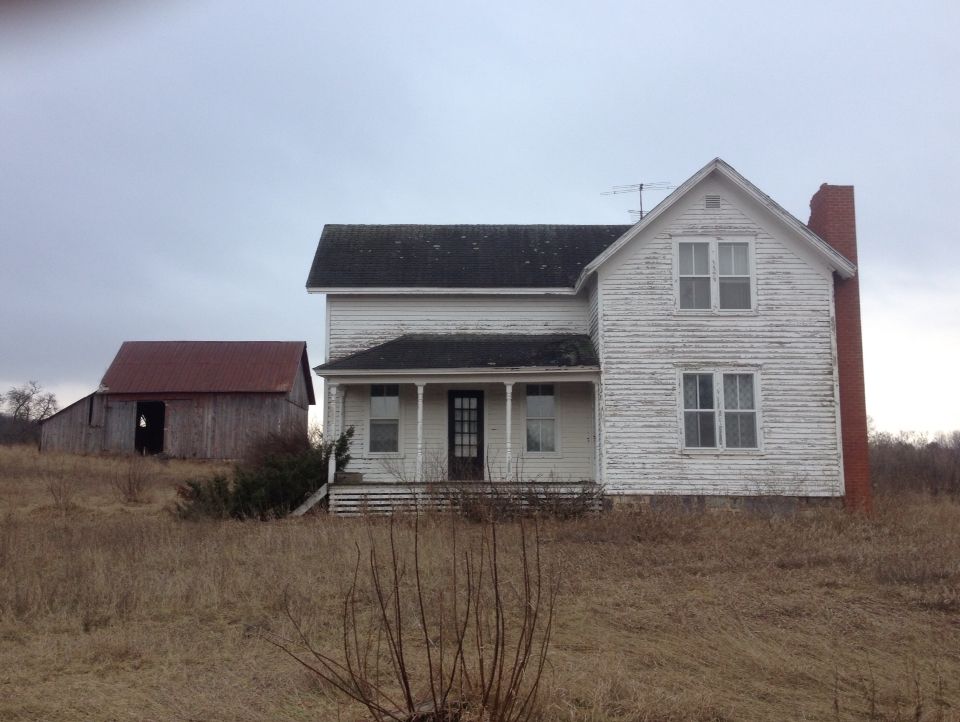
Our conversation this week is about what seem to be two dueling aphorisms. The first is attributed to author Thomas Wolfe, and is the title to his posthumously published 1940 novel, You Can’t Go Home Again. According to the introduction to the 2011 edition of the novel, the idea for the title came to Wolfe in a conversation with Australian-British journalist Ella Winter.
In this conversation Winter remarked to Wolfe, “don’t you know you can’t go home again?” Wolfe was so taken with the expression that he asked Winter for permission to use the phrase as the title of his book. In the novel, Wolfe writes:
“You can’t go back home to your family, back home to your childhood…back home to a young man’s dreams of glory and of fame…back home to places in the country, back home to the old forms and systems of things which once seemed everlasting but which are changing all the time – back home to the escapes of Time and Memory.”
But the idea of home carries such emotion and romanticism with it. And thus the second of our aphorisms. This one should also be familiar: “There’s no place like home.” Of course most of us are probably familiar with it as the mantra that Dorothy repeats over and over in the film The Wizard of Oz in order to travel back to Kansas after defeating the Wicked Witch of the West and revealing the true nature of Oz. An earlier origin story traces it to a line from the 1823 song “Home Sweet Home.”
Regardless, the phrase captures two kinds of ideas. First, that home is the happiest, most satisfying, comfortable, and comforting place to be. Hence Dorothy. The other is that it is a singular place. We can may live a lot of places over our lifetimes, but not all of them will be home.
So in our discussion this week, we are going to talk about these two dueling ideas, that you can’t go home again AND that there’s no place like home. Join us for the conversation tomorrow evening, Tuesday March 22, beginning at 7pm at 313 Pizza Bar in downtown Lake Orion.